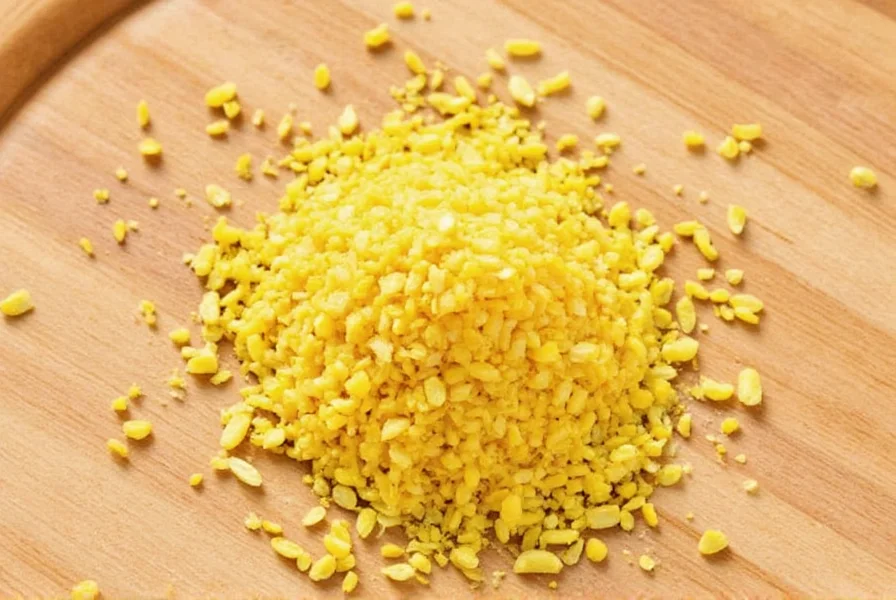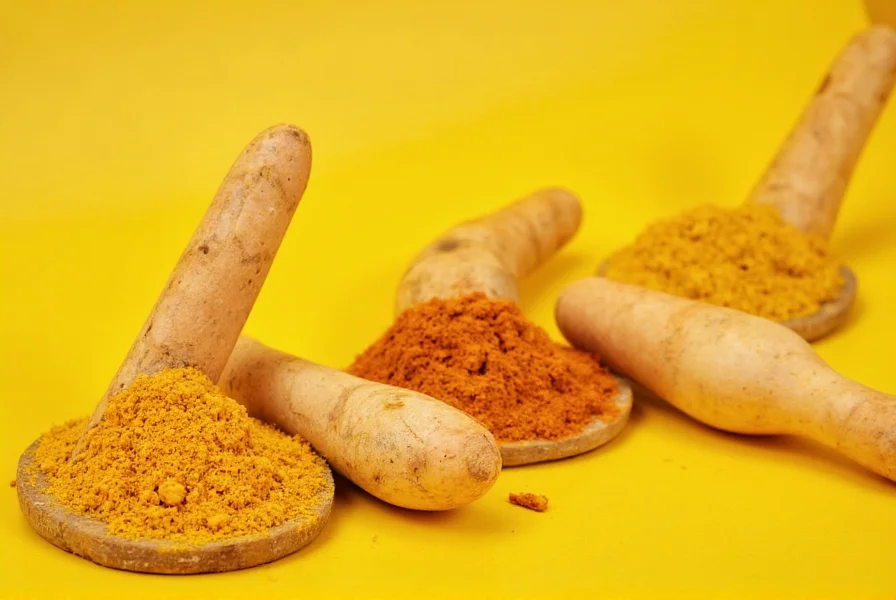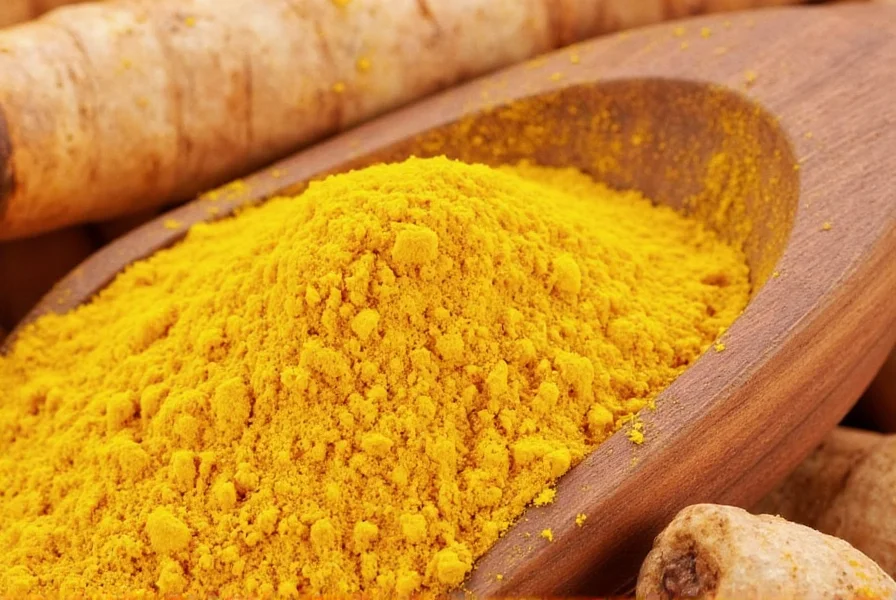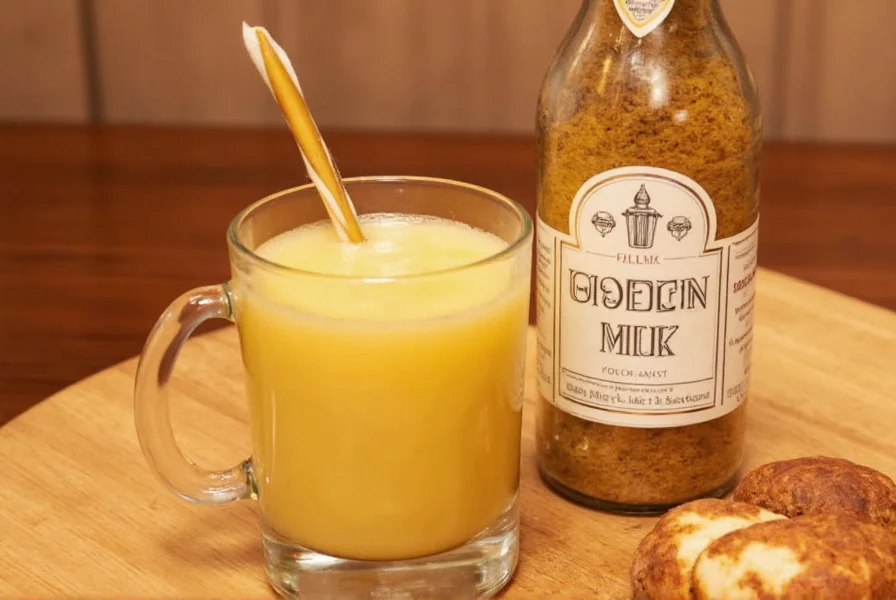Is Organic Turmeric the Golden Ticket to Health? Let’s Spice Things Up!
Turmeric, the golden-hued spice that's been a staple in kitchens and medicine cabinets for centuries, has made a dazzling comeback in modern wellness culture. And when it comes to this vibrant root, organic turmeric spice takes center stage for its purity and potency.
Table of Contents
- What Exactly Is Turmeric?
- Organic vs. Conventional: What Sets Them Apart?
- Why Go Organic with Your Turmeric?
- How to Use Organic Turmeric Like a Pro
- The Ultimate Buying Guide: Choosing the Best Organic Turmeric Spice
- Golden Milk & More: Tasty Turmeric Recipes
- FAQs About Organic Turmeric Spice
- Final Thoughts: Spicing It Up the Healthy Way

What Exactly Is Turmeric?
Turmeric (Curcuma longa) is a flowering plant native to Southeast Asia. Its rhizome, or underground stem, is dried and ground into a fine powder to produce the spice we know and love.
Used extensively in Indian cuisine, particularly in curry dishes, turmeric adds color, warmth, and a slightly earthy flavor profile. But beyond taste, it's celebrated for its active ingredient — curcumin — which has been studied for its potential anti-inflammatory and antioxidant properties.
Organic vs. Conventional: What Sets Them Apart?
The difference between organic and non-organic turmeric lies primarily in how it’s grown and processed:
- Farm Practices: Organic turmeric is grown without synthetic pesticides, herbicides, or fertilizers.
- Processing: Organic spices are usually minimally processed, preserving natural compounds like curcuminoids.
- Purity: Non-organic versions may contain fillers or be irradiated to prolong shelf life, potentially reducing nutritional value.
| Aspect | Organic Turmeric | Conventional Turmeric |
|---|---|---|
| Farming | No synthetic chemicals used | Likely treated with pesticides/fertilizers |
| Processing | Minimal chemical exposure | May include preservatives or irradiation |
| Nutrient Content | Higher curcumin content | Potentially lower due to processing |
| Shelf Life | Shorter; no artificial extenders | Longer due to preservatives |
Why Go Organic with Your Turmeric?
If you're on a quest for better health — whether it's managing inflammation, boosting immunity, or simply adding flavor — organic turmeric might just be your best bet. Here’s why:
- Better for Your Body: No synthetic additives means fewer toxins entering your system.
- Environmentally Friendly: Supports sustainable farming practices that protect soil and water quality.
- More Flavorful: Often fresher and more aromatic than its conventional counterpart.
- Curcumin Concentration: Studies show that organic turmeric may retain higher levels of beneficial compounds.
How to Use Organic Turmeric Like a Pro
From teas to tonics and hearty meals to healing smoothies, there are countless ways to enjoy organic turmeric spice. Here are some pro tips:
- Pair With Black Pepper: Piperine in black pepper boosts curcumin absorption by up to 2000%!
- Add a Fatty Base: Curcumin is fat-soluble, so mix with coconut oil, ghee, or avocado for maximum benefits.
- Make Golden Milk: A warm blend of turmeric, milk, honey, and cinnamon — perfect for winding down at night.
- Spice Up Veggies: Roast cauliflower, sweet potatoes, or carrots with turmeric and olive oil for a flavor-packed side dish.
- Blend Into Smoothies: Add a pinch to green smoothies or banana bowls for an anti-inflammatory kick.

The Ultimate Buying Guide: Choosing the Best Organic Turmeric Spice
With so many options lining the shelves these days, picking the right brand can feel overwhelming. Here’s a breakdown of what to look for:
Key Features to Look For
- Certified Organic Label: Always check for USDA Organic or equivalent certification.
- Purity: Make sure it contains only 100% turmeric powder — no added fillers.
- Curcumin Content: Some brands test and report curcumin levels — aim for 90 mg per teaspoon.
- Packaging: Choose dark glass bottles or airtight containers to preserve freshness and potency.
- Origin: Indian or Sri Lankan turmeric tends to have higher curcumin concentration.
Top Organic Turmeric Brands Compared
| Brand | Features | Best For | Suitable Occasions |
|---|---|---|---|
| Simply Organic | Certified USDA Organic, single-origin from India | Daily cooking and wellness routines | Weekday meals, meal prep |
| Now Foods | Non-GMO, tested for heavy metals | Health-conscious users | Smoothies, supplements |
| Frontier Co-op | Highly aromatic, ethically sourced | Foodies and home chefs | Curries, roasted veggies |
| Gaia Herbs | Standardized curcumin extract | Medicinal use and high-dose needs | Daily wellness support |
| Viva Naturals | USDA Organic + third-party tested | Newcomers to turmeric | Experimenting with recipes |

Golden Milk & More: Tasty Turmeric Recipes
Ready to get creative in the kitchen? Try these crowd-pleasing recipes using your organic turmeric spice:
- Golden Latte: Warm almond milk, turmeric, cinnamon, and a dash of vanilla make a cozy, immune-boosting drink.
- Turmeric Scrambled Eggs: Mix a pinch into eggs before scrambling for a vibrant twist on breakfast staples.
- Anti-Inflammatory Rice Bowl: Cook brown rice with turmeric and top with grilled veggies, quinoa, and tahini dressing.
- Turmeric Popcorn: Toss freshly popped kernels with melted coconut oil and a sprinkle of turmeric and sea salt for a savory snack.
- Detox Turmeric Tea: Brew turmeric with lemon, ginger, and honey for a zesty morning pick-me-up.

FAQs About Organic Turmeric Spice
Q: Is organic turmeric good for weight loss?
A: While not a direct weight-loss supplement, turmeric may support metabolism and reduce inflammation, both of which play roles in healthy weight management.
Q: How much turmeric should I consume daily?
A: Most studies suggest around 500–2,000 mg of curcumin per day, which equates to about 1/2 to 1 teaspoon of turmeric powder.
Q: Can I grow my own organic turmeric at home?
A: Yes! In warmer climates or with indoor pots, you can grow fresh turmeric roots from organic rhizomes.
Q: Does organic turmeric stain surfaces?
A: Absolutely! It’s highly pigmented, so always handle with care and clean spills immediately.
Q: Is turmeric safe for pets?
A: In small amounts, yes. Many pet owners add it to dog food for joint support, but always consult your vet first.
Final Thoughts: Spicing It Up the Healthy Way
Whether you’re a seasoned chef, a wellness warrior, or someone just looking to jazz up your meals, organic turmeric spice deserves a permanent spot in your pantry. From its stunning hue to its impressive array of health perks, this golden spice brings more than just flavor to the table.
So go ahead — open that jar, breathe in the earthy aroma, and let turmeric turn every meal into a masterpiece of wellness and delight.










 浙公网安备
33010002000092号
浙公网安备
33010002000092号 浙B2-20120091-4
浙B2-20120091-4